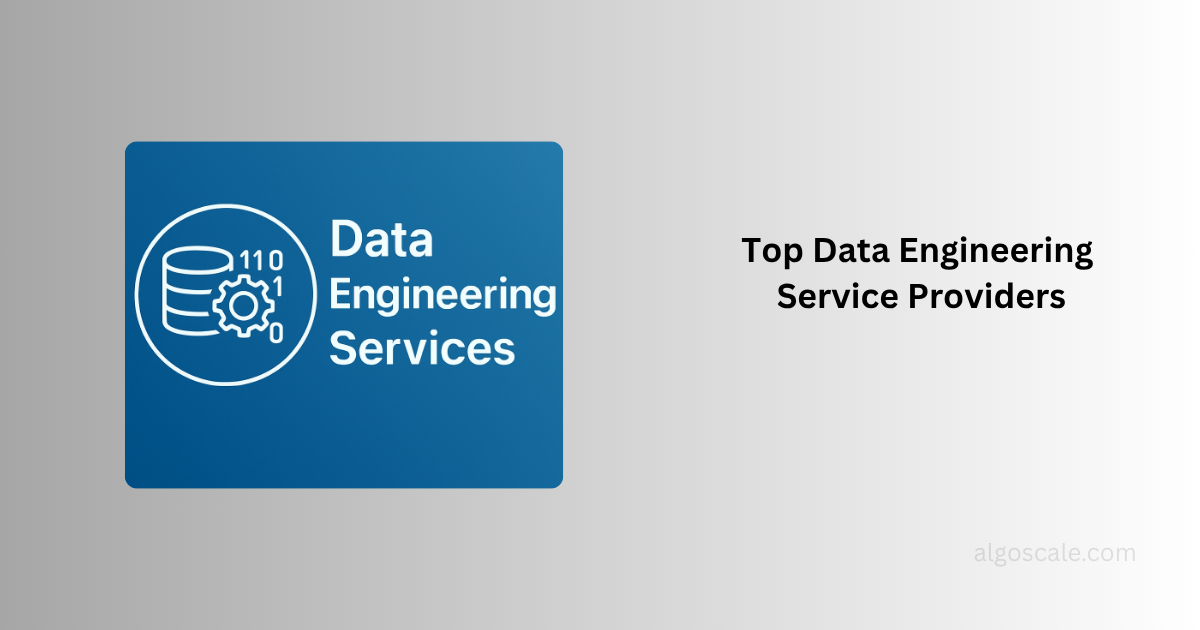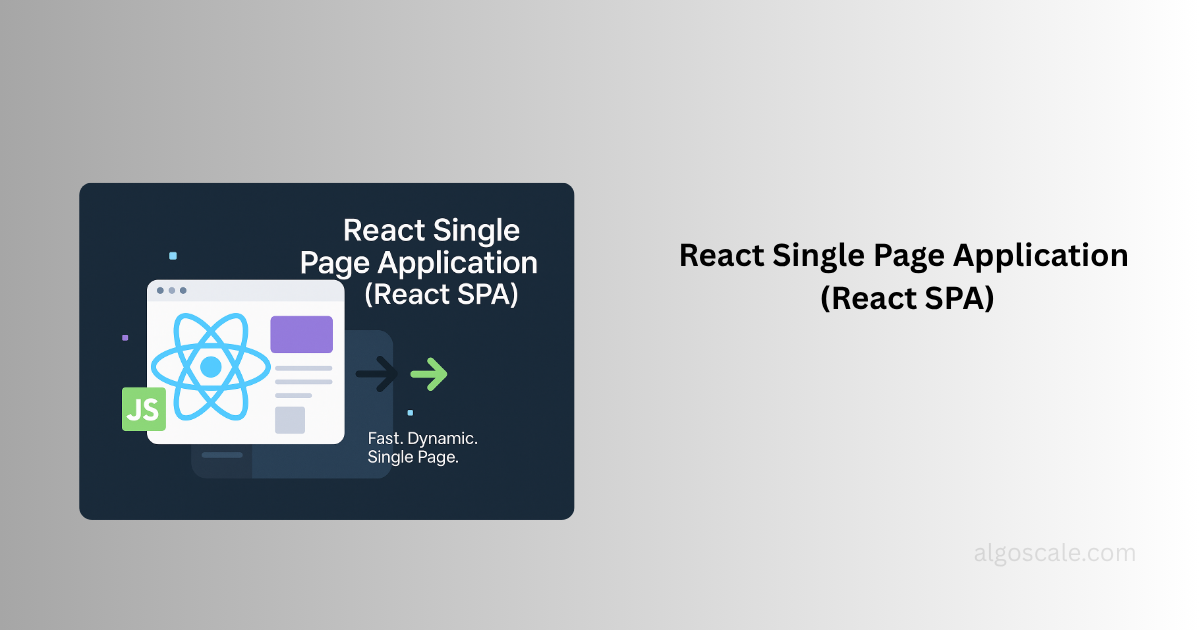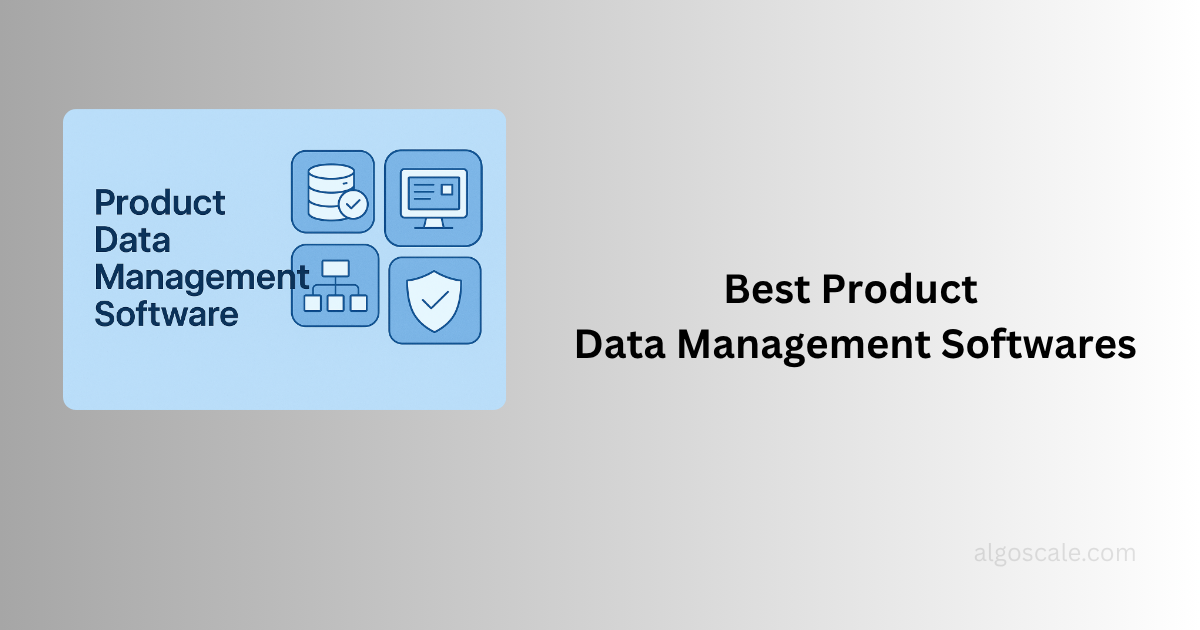The healthcare industry is advancing at an unprecedented pace. Every day, newer and more progressive technologies are being tossed to enable healthcare organizations to enhance patient care and outcomes. Leading the helm of all advancements in technologies is Artificial Intelligence (AI) which is truly path-breaking.
“The promise of artificial intelligence in medicine is to provide composite, panoramic views of individuals’ medical data; to improve decision making; to avoid errors such as misdiagnosis and unnecessary procedures; to help in the ordering and interpretation of appropriate tests; and to recommend treatment.”
– Eric Topol, Deep Medicine: How Artificial Intelligence Can Make Healthcare Human Again
AI integration in healthcare has massive potential. Technology can help healthcare providers in multiple ways, including administrative tasks and patient care.
Essentially, AI mimics human cognitive functions, and therefore, it can learn, think, and make decisions based on past experiences. With this in mind, AI can help to analyze medical data and streamline clinical decision-making. The technology can also result in more accurate diagnoses, enhanced patient care, and reduced time spent on healthcare administrative tasks. Sounds promising, isn’t it?
No wonder AI in the healthcare market is projected to grow from 14.6 billion USD in 2023 to reach 188 billion USD by 2030.
In today’s blog, we will discuss the opportunities and challenges of the implementation of AI in healthcare.
Opportunities for AI Integration in Healthcare
Artificial intelligence (AI) has tremendous potential in healthcare, and it is already being used in many ways to improve patient outcomes and streamline processes. Here are some examples of how AI is being used in healthcare:
- Diagnosis and treatment planning
AI algorithms can analyze medical images, lab results, and other patient data to help physicians make accurate diagnoses and develop treatment plans.
Use cases:
Ezra is an AI-powered tool that enables diagnostic service providers to analyze full-body MRI scans and help in the early detection of cancer.
SkinVision is another robust AI tool that provides timely skin cancer detection by clicking photos of your skin with your smartphone and sharing them with your doctor at the right time.
AI algorithms can use large quantities of patient data to identify patterns and predict health outcomes. This can help healthcare providers identify patients who are at risk of developing specific conditions, allowing for earlier interventions and better outcomes.
Use Cases:
Zakiapoint Health has been leveraging AI to display all crucial patient data on a dashboard along with the risk involved. The dashboard also displays the most appropriate recommendations for tailored programs to help enhance patient engagement.
- Drug discovery
AI can be used to evaluate large datasets and detect new drug targets or repurpose the prevailing drugs for new uses. This could potentially speed up the drug discovery process and bring new treatments to market faster.
Use Cases:
NuMedii is a leading Biopharma Company that leverages Artificial Intelligence and Big Data for drug discovery. It has developed AIDD, i.e. Artificial Intelligence for Drug Discovery, a technology that identifies connections between drugs and illnesses at a systematic level.
- Virtual assistants and chatbots
AI-powered chatbots and virtual assistants can be used to triage patient inquiries, answer common questions, and provide personalized guidance.
Use Cases:
Enlitic is a smart AI-powered triaging solution that scans incoming cases for different clinical findings, assesses their priority, and routes them to the most suitable doctor in its network.
- Personalized medicine
AI algorithms can be used to analyze patient data and develop personalized treatment plans based on a patient’s unique genetic makeup, medical history, and other factors.
Use Cases:
GNS Healthcare Company is deploying Machine Learning to match patients with the treatments that are deemed most accurate and effective for their condition.
Oncora Medicals is also a healthcare company that uses AI software to learn from the data that health systems have to provide an individualized treatment plan to each patient.
- Administrative tasks
AI can be used to automate administrative tasks such as scheduling appointments, billing, and managing electronic health records.
Reports suggest that the integration of AI for administrative tasks can help healthcare companies reduce operational costs by a whopping $16.3 billion.
Overall, the potential of AI in healthcare is vast, and we will likely continue to see more and more AI applications in healthcare in the coming years. However, AI must be used responsibly and ethically to ensure that patient privacy and safety are protected.
Challenges of AI Integration in Healthcare
The implementation of AI in healthcare is not without challenges. As healthcare organizations beef up their investments in AI for healthcare, many ethical and regulatory issues surface.
Some of the most pressing challenges include:
- Data privacy and security: This is the biggest concern for the integration of AI into healthcare. AI systems gather massive amounts of patients’ health information which must be adequately managed. Several security measures must be implemented to protect this sensitive data from being exploited for nasty purposes.
- Patient safety and accuracy: This is yet another challenge when using AI in healthcare. AI systems and their algorithms must be trained well to identify patterns in medical data and offer accurate recommendations that are tailored to each patient. Any faulty recommendations can have serious consequences for human life.
- Integration of AI with legacy systems: Integrating AI systems with existing IT systems can present an all-new set of challenges for healthcare organizations. It can add to the complexity for medical providers as they may require a thorough understanding of how existing technology works to ensure seamless operation.
- Gaining trust from physicians: Acquiring the trust of medical providers is indispensable for the successful adoption of AI in healthcare. Physicians must feel confident that AI systems are providing accurate diagnoses which will not adversely impact the patient’s health. And for this, they must be sure that these AI systems are only using valid and up-to-date medical research.
- Ensuring compliance with federal regulations: Finally, compliance with federal regulations is important. This ensures that AI systems are ethical and do not put the patient’s safety at stake.
Conclusion
As AI technology is growing in its capabilities, using it to boost medical processes and patient outcomes is the best way forward. With the development of several AI-powered medical tools and advanced algorithms, the potential of AI integration in healthcare is practically limitless.
Adequate implementation can help to identify diseases faster, offer personalized treatment plans, and even automate processes such as imaging, diagnostics, and drug delivery. It can also help to enhance safety and diminish costs associated with healthcare delivery.
As a leading Artificial Intelligence solution provider, we specialize in healthcare IT consulting services designed to give you a unique competitive advantage. Get in touch with us to know more.











